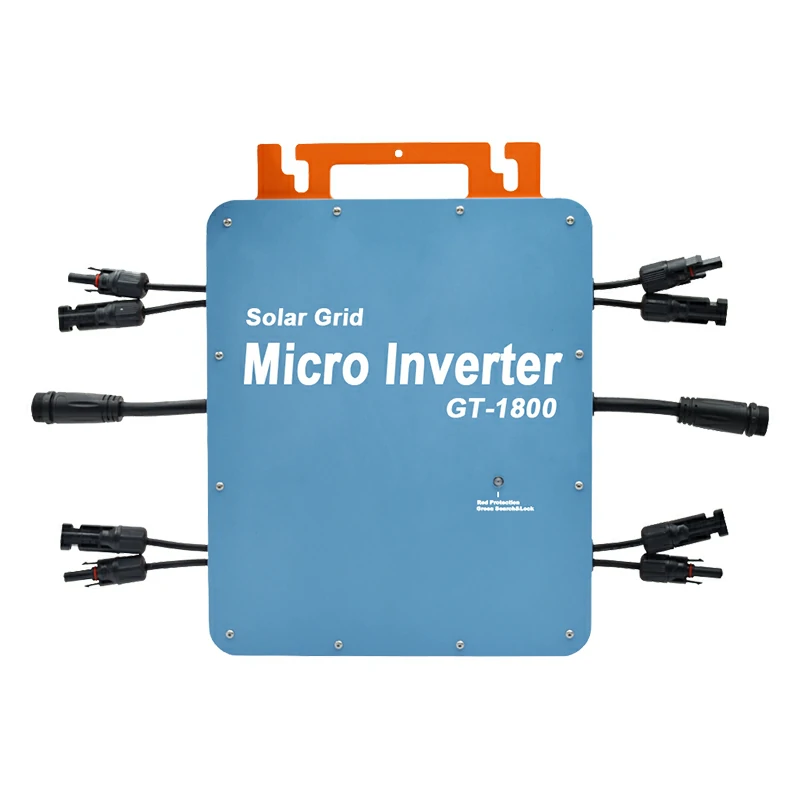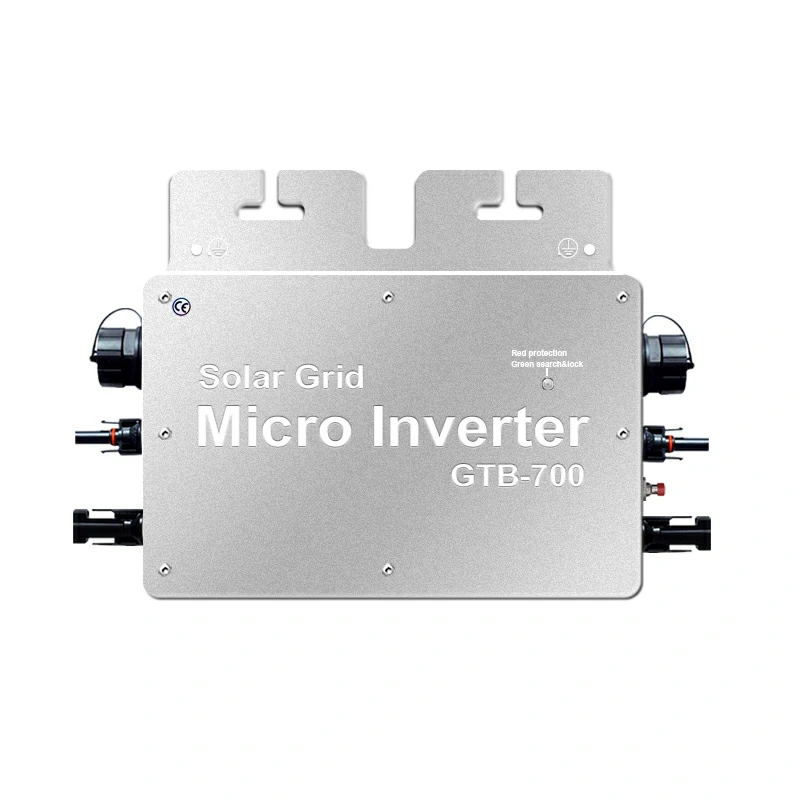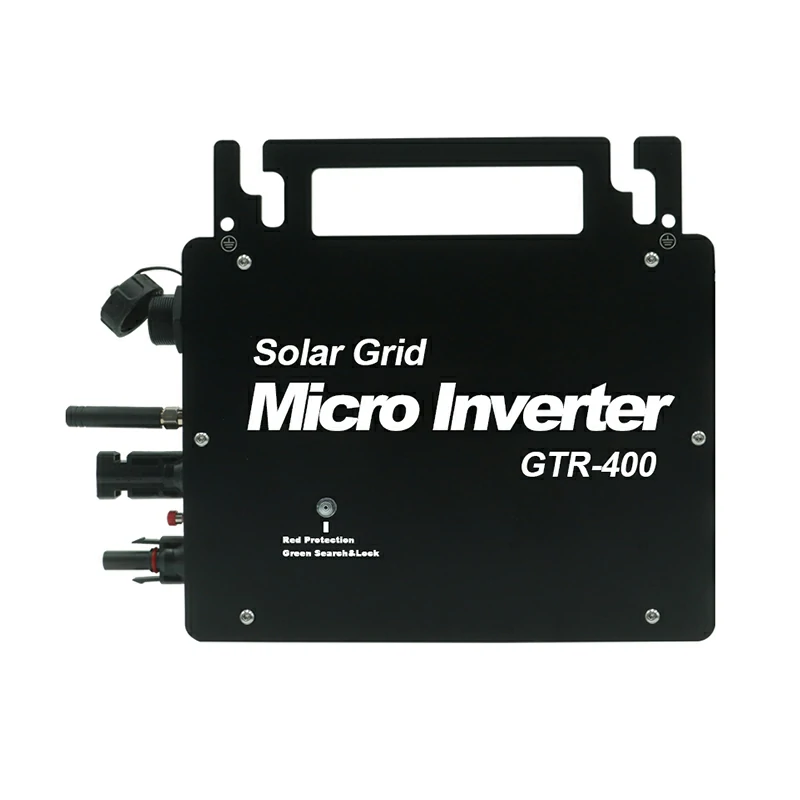Introduction
Solar energy has become an increasingly popular choice for homeowners and businesses looking to reduce their carbon footprint and save on energy costs. One key component of a solar energy system is the inverter, which converts the direct current (DC) generated by solar panels into alternating current (AC) that can be used in homes and businesses. PV micro inverters have emerged as a game-changing technology in the solar industry, offering several benefits over traditional string inverters. In this article, we’ll explore the key advantages of using PV micro inverters in solar energy systems.

Improved System Efficiency
One of the primary benefits of PV micro inverters is their ability to optimize the output of each individual solar panel. Unlike string inverters, which are connected to multiple panels in series, micro inverters are installed on the back of each panel. This allows them to monitor and adjust the performance of each panel independently, ensuring that the entire system operates at its maximum potential.
When one panel in a string inverter system is shaded or underperforming, it can drag down the output of the entire string. With micro inverters, however, the underperforming panel doesn’t affect the other panels, resulting in higher overall system efficiency. This can translate to more energy production and lower electricity bills for homeowners and businesses.
Enhanced Safety
PV micro inverters also offer enhanced safety features compared to traditional string inverters. One of the most significant safety advantages is rapid shutdown. In the event of an emergency or maintenance situation, micro inverters can quickly and safely shut down the system, reducing the risk of electrical hazards.
Additionally, micro inverters are equipped with arc fault protection, which helps prevent electrical fires by detecting and interrupting arcing faults. This added layer of safety can provide peace of mind for homeowners and installers alike.
Increased Flexibility and Scalability
Another key benefit of PV micro inverters is their flexibility and scalability. With micro inverters, it’s easier to design and install solar energy systems that accommodate different roof shapes, orientations, and shading conditions. This is because each panel operates independently, allowing for more customization and optimization.
Micro inverters also make it easier to add or remove panels without affecting the entire system. This flexibility can be particularly useful for homeowners who plan to expand their solar energy system in the future or for businesses that need to adapt to changing energy needs.
Improved Monitoring and Troubleshooting
PV micro inverters come equipped with advanced monitoring capabilities that allow homeowners and installers to track the performance of each individual panel. This granular level of data can help identify and resolve issues quickly, minimizing downtime and maximizing system performance.
With micro inverters, it’s easier to pinpoint the source of any problems, such as shading, equipment failure, or wiring issues. This can save time and money on maintenance and repairs, ensuring that the solar energy system continues to operate at its best.
Conclusion
In conclusion, PV micro inverters offer several key benefits for solar energy systems, making them a valuable investment for homeowners and businesses looking to maximize their solar energy production. From improved efficiency and safety to increased flexibility and advanced monitoring capabilities, micro inverters are revolutionizing the way we think about solar energy.
If you’re considering a solar energy system for your home or business, be sure to explore the options available from leading Micro Inverter manufacturer and Micro Inverter supplier. With the right micro inverter solution, you can take advantage of all the benefits of solar energy and enjoy a brighter, more sustainable future.




